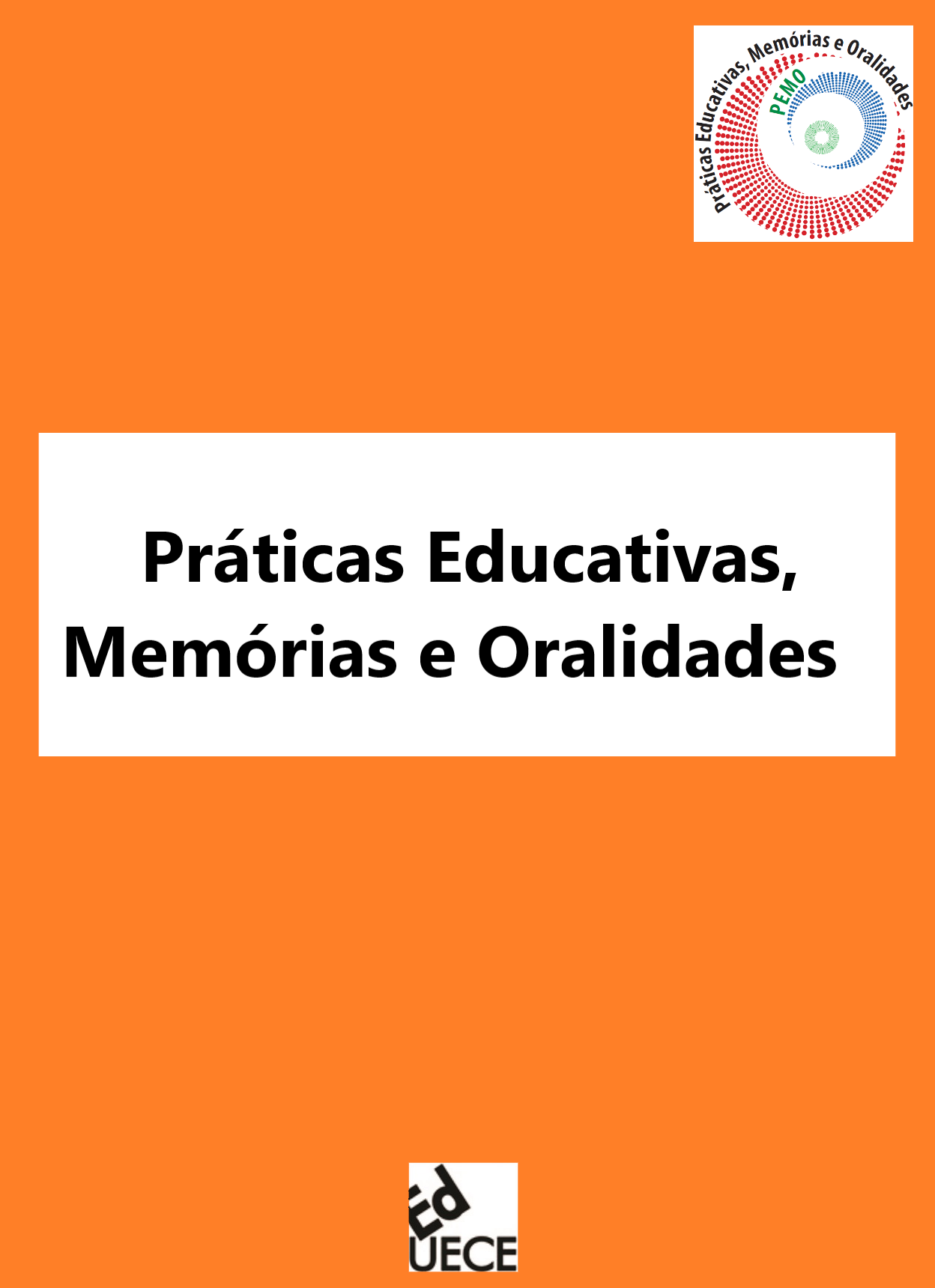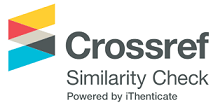Short Course Season
training as an effective way of technical and interpersonal development for undergraduates
DOI:
https://doi.org/10.47149/pemo.v1i2.3634Keywords:
Labor Market, Training, Development, SkillsAbstract
The enlargement of the development of skills and competences in university students becomes of great importance for insertion in the labor market, since, in general, the gap between academic education and the labor market is evident. Therefore, this article aims to analyze the importance of extracurricular training, focusing on the Temporada de Minicursos (TMC), an activity developed by the Tutorial Education Program (PET) of the Civil Engineering course at the Federal University of Ceará (UFC), in the development of hard skills and soft skills of the participants. To achieve the objectives, two analyzes were performed, one quantitative and the other qualitative, based on data obtained from the 8th edition of TMC. The results obtained on the analyzes showed that the participants involved in the activity were able to develop their skills and, consequently, apply them in the academic and professional areas.
Downloads
References
BOLLI, Thomas; RENOLD, Ursula. Comparative advantages of school and workplace environment in skill acquisition. In: Evidence-Based HRM: A Global Forum for Empirical Scholarship. Emerald Publishing Limited, 2017.
CHAN, Jennifer Kim Lian. Enhancing the employability of and level of soft skills within tourism and hospitality graduates in Malaysia: The Issues and challenges. Journal of Tourism, v. 12, n. 1, 2011.
DUBEY, Richa Singh; TIWARI, Vijayshri. Operationalisation of soft skill attributes and determining the existing gap in novice ICT professionals. International Journal of Information Management, v. 50, p. 375-386, 2019.
FELDER, Richard M. LEARNING AND TEACHING STYLES IN ENGINEERING EDUCATION. Journal of Engineering Education. 1987.
LAU, Hsien-Hsien et al. Impact of participation in extra-curricular activities during college on graduate employability: an empirical study of graduates of Taiwanese business schools. Educational Studies, v. 40, n. 1, p. 26-47, 2014.
NGANG, Tang Keow; YUNUS, Hashimah Mohd; HASHIM, Nor Hashimah. Soft skills integration in teaching professional training: Novice teachers’ perspectives. Procedia-social and behavioral sciences, v. 186, p. 835-840, 2015.
NGUYEN, Duyen Q. The essential skills and attributes of an engineer: A comparative study of academics, industry personnel and engineering students. Global J. of Engng. Educ, v. 2, n. 1, p. 65-75, 1998.
Oxford Languages. Oxford University Press. Disponível em: https://languages.oup.com/. Acesso em 21 de julho de 2019.
PACHAURI, Digvijay; YADAV, Aruna. Importance of soft skills in teacher education programme. International journal of educational research and technology, v. 5, n. 1, p. 22-25, 2014.
ROSENBERG, Stuart; HEIMLER, Ronald; MOROTE, Elsa‐Sofia. Basic employability skills: a triangular design approach. Education + Training, 2012.
SANTOS, Renata Carolina Nogueira dos. A relação entre os profissionais e o mercado de trabalho: um estudo de caso sob o prisma dos egressos do ensino superior para compreender se as instituições de ensino os prepararam para esta correlação. Centro Universitário de Brasília: Instituto CEUB de Pesquisa e Desenvolvimento - ICPD. Brasília, 2017.
SCHULZ, Bernd. The importance of soft skills: Education beyond academic knowledge. Journal of Language and Communication, June 2008.
SITZMANN, Traci; WEINHARDT, Justin M. Advancing training for the 21st century. Human Resource Management Review. v. 29, p. 137-139. 2018.
TEIXEIRA, Marizate Argolo; NITSCHKE, Rosane Gonçalves; PAIVA, Mirian Santos. Análise dos dados em pesquisa qualitativa: um olhar para a proposta de morse e field. Revista da Rede de Enfermagem do Nordeste, vol. 9, núm. 3, julio-septiembre, 2008, pp. 135-142. Universidade Federal do Ceará. Fortaleza, Brasil.
WATS, Meenu; WATS, Rakesh Kumar. Developing Soft Skills in Students. The International Journal of Learning Annual Review. p. 5-6. 2008.
WYE, Chung-Khain; LIM, Yet-Mee. Perception Differential between Employers and Undergraduates on the Importance of Employability Skills. International education studies, v. 2, n. 1, p. 95-105, 2009.
YEN, David C.; LEE, Sooun; KOH, Seokha. Critical knowledge/skill sets required by industries: an empirical analysis. Industrial Management & Data Systems, 2001.
Downloads
Published
How to Cite
Issue
Section
License
Copyright (c) 2020 Pedro Ygor Rodrigues Mesquita, Jácio Nícolas Alves Pereira, Cornélio Albuquerque de Sousa, Rodrigo Angelo Albuquerque Mendes, Marcus Vinícius de Oliveira Barroso, Alexandre Araújo Bertini (Autor)

This work is licensed under a Creative Commons Attribution 4.0 International License.













